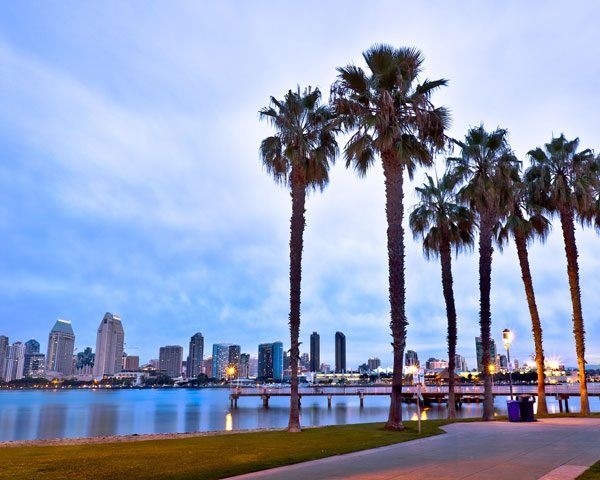Don't Drink The Water: 8 Places To Turn Off The Tap
Imagine this: You've thrown down thousands of bills (or millions of miles) on plane tickets, hotels, and epic guided tours for an experience that's supposed to tide you over adventure-wise for at least a few months. You finally touch down in your chosen destination with eager eyes agape and an upbeat attitude that shouts, "I'm ready for anything." You're a little thirsty, but you won't let a parched throat dry up your fun fountain; you pour yourself a glass of water from the first faucet you find and chug it down like a fraternity pledge trying to earn respect, experiencing instant oral relief... that is, until you remember that whole spiel you heard about being extra-careful when drinking unbottled water from faraway lands.
Click here to see the Don't Drink the Water: 8 Places to Turn Off the Tap (Slideshow)
Depending on where you go, that seemingly innocent and (hopefully) clear liquid may not be as transparent in terms of quality as the stuff from your hometown tap. Microscopic pathogens, bacteria, viruses, and protozoa present a plethora of potential problems for your gastrointestinal tract, making it essential that you exert the utmost caution in countries (and even certain domestic destinations) you're unfamiliar with.
A brush with E. coli, salmonella, or cholera bacteria, giardia or cryptosporidium (protozoa), or hepatitis A or polio viruses could alter the course of more than just your excursion, so it's imperative to boil, filter, or use other purification aids (including the UV-utilizing SteriPEN and iodine and chlorine tablets) on any water before your deem it potable. To ensure you don't make a devastating mistake, here's a list of the world's most notorious nations for having tap water troubles. We've even thrown in a few U.S. cities to be wary of — because you can never be too careful when traveling, even on your own soil.
